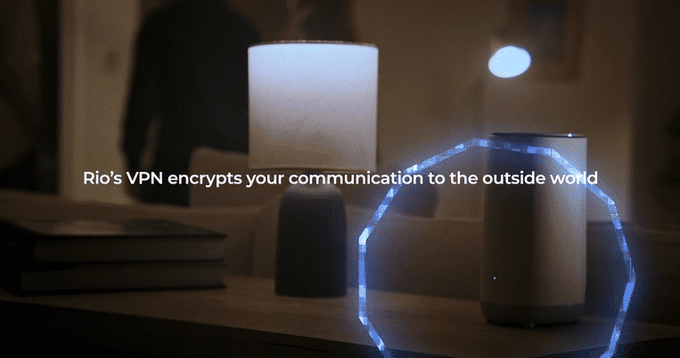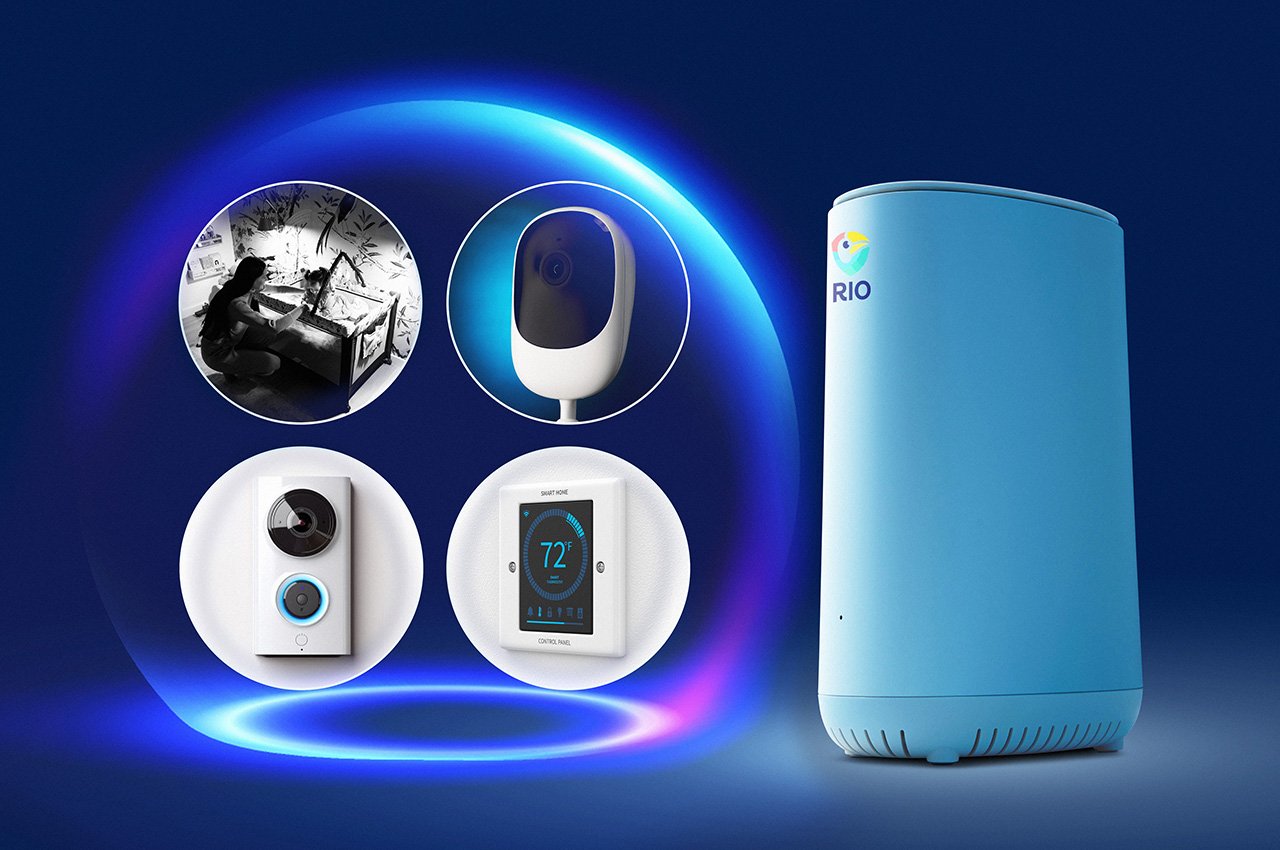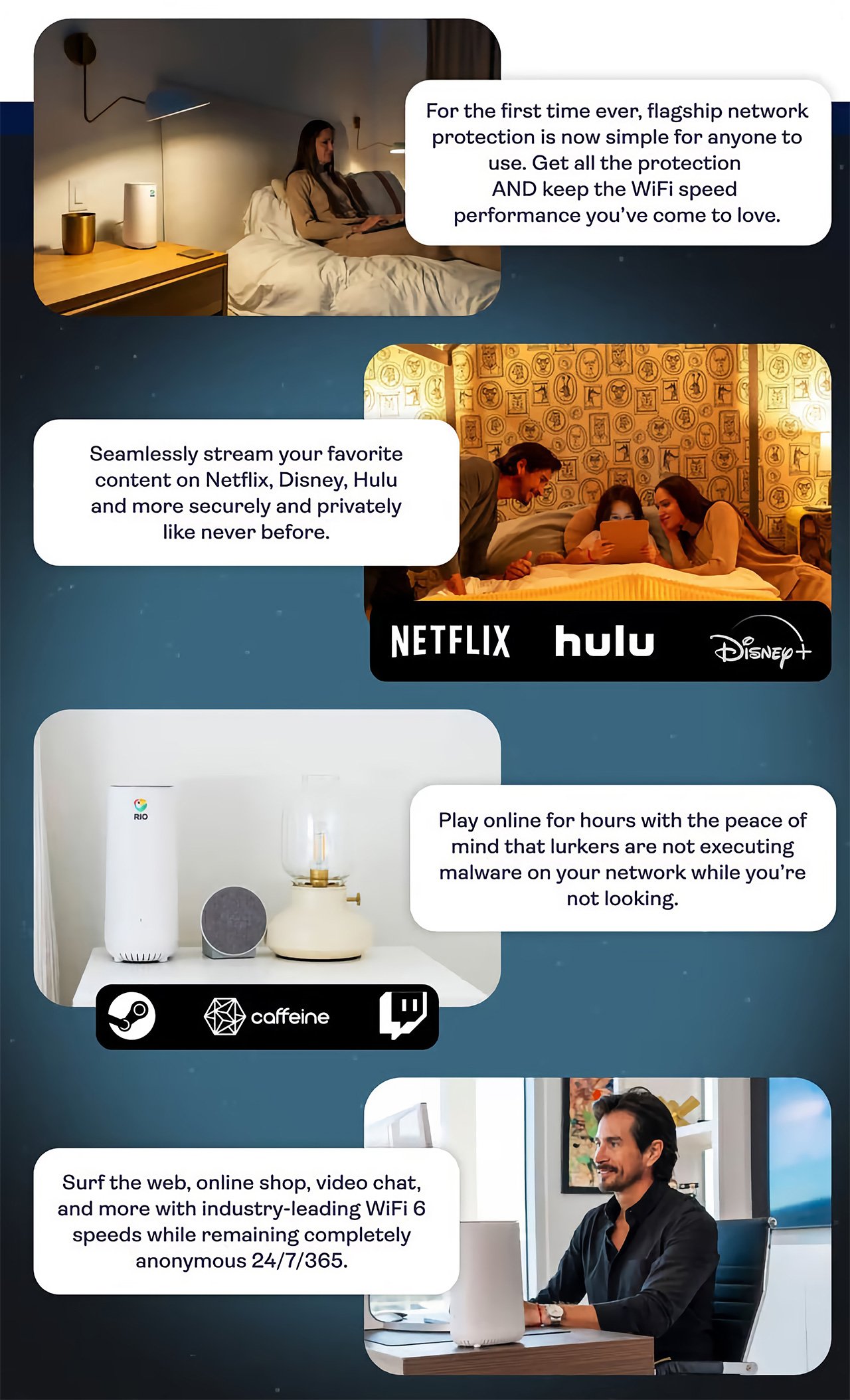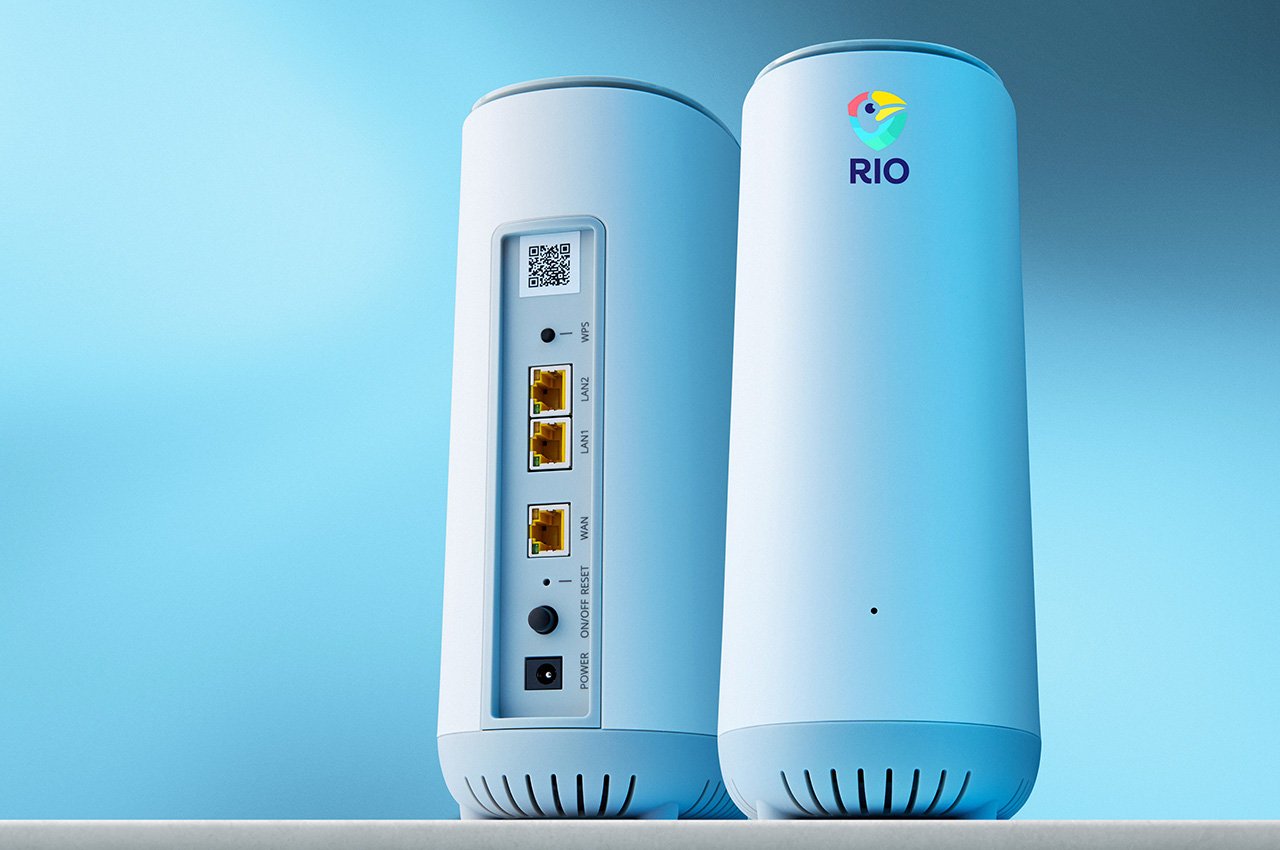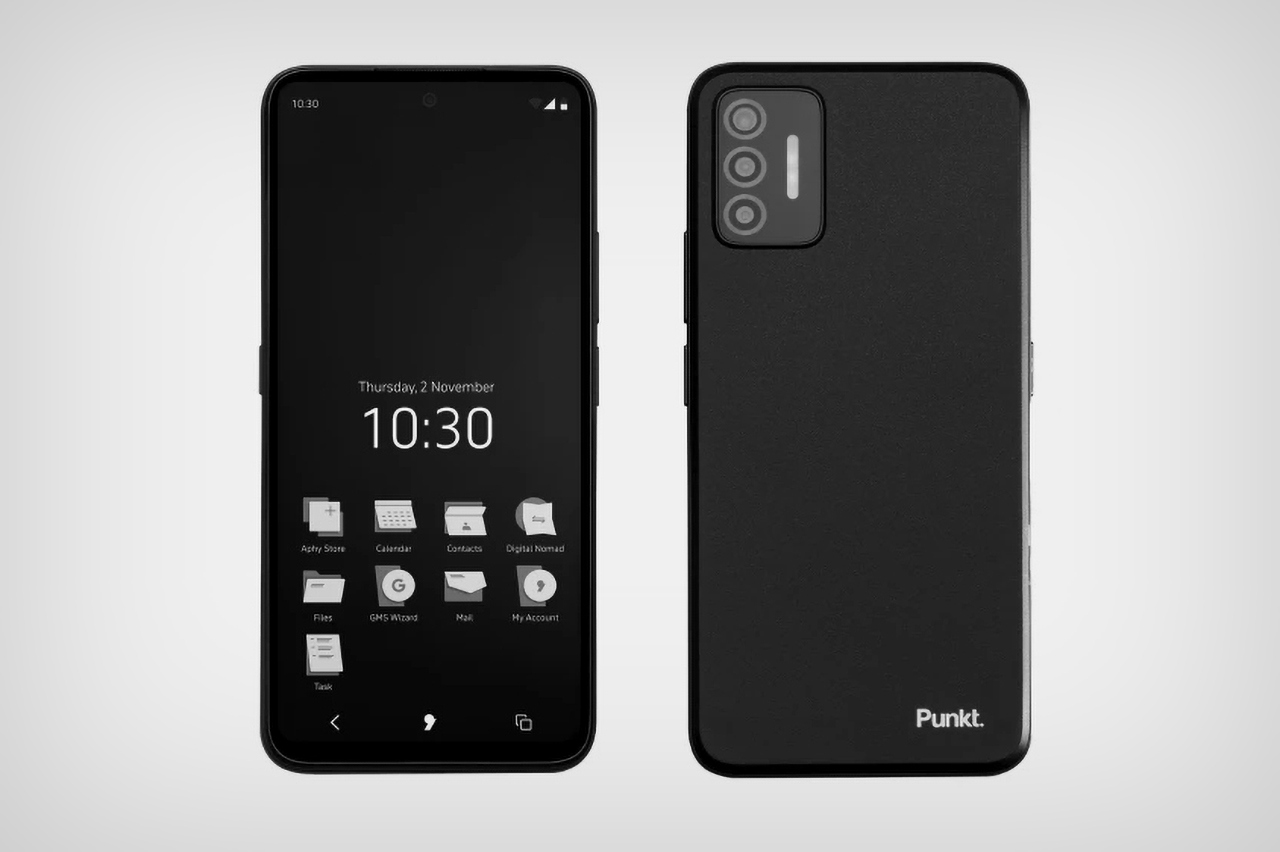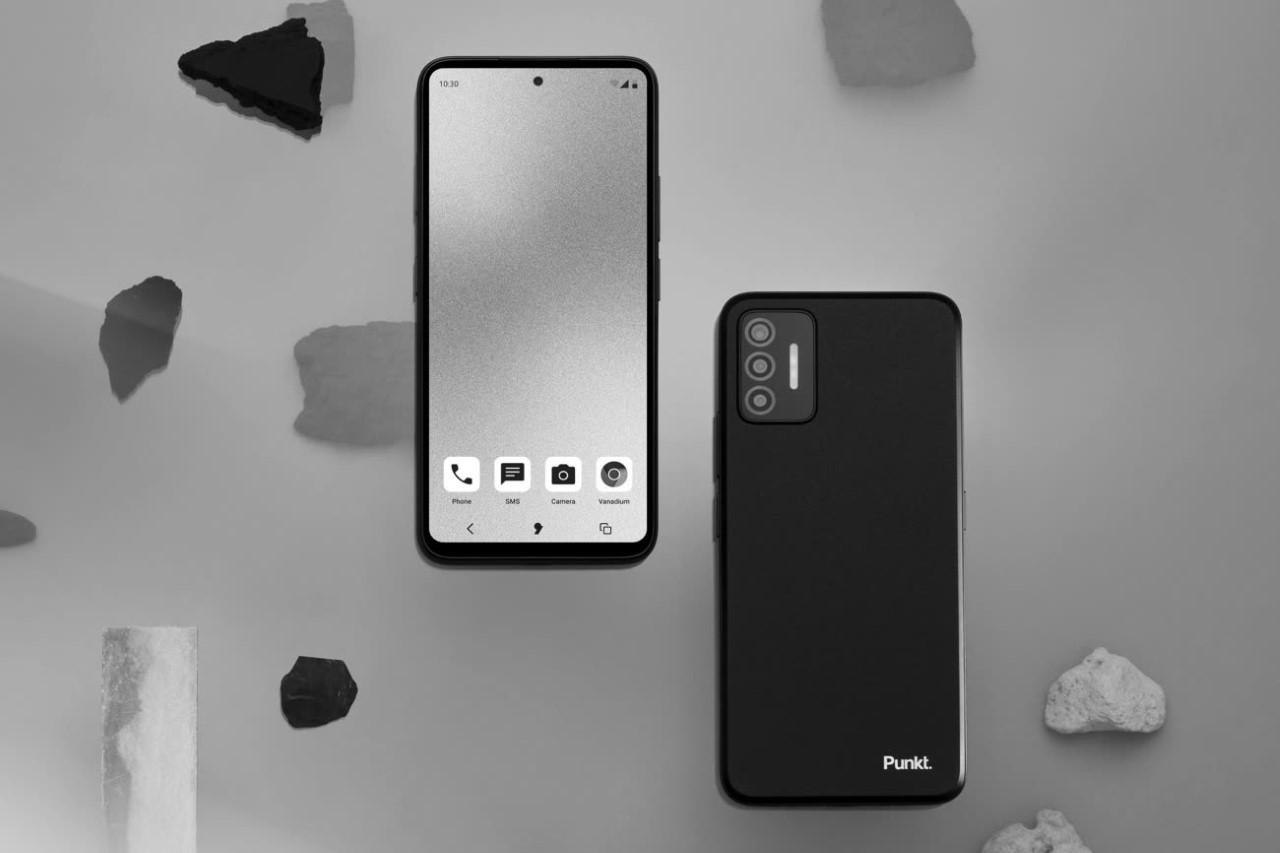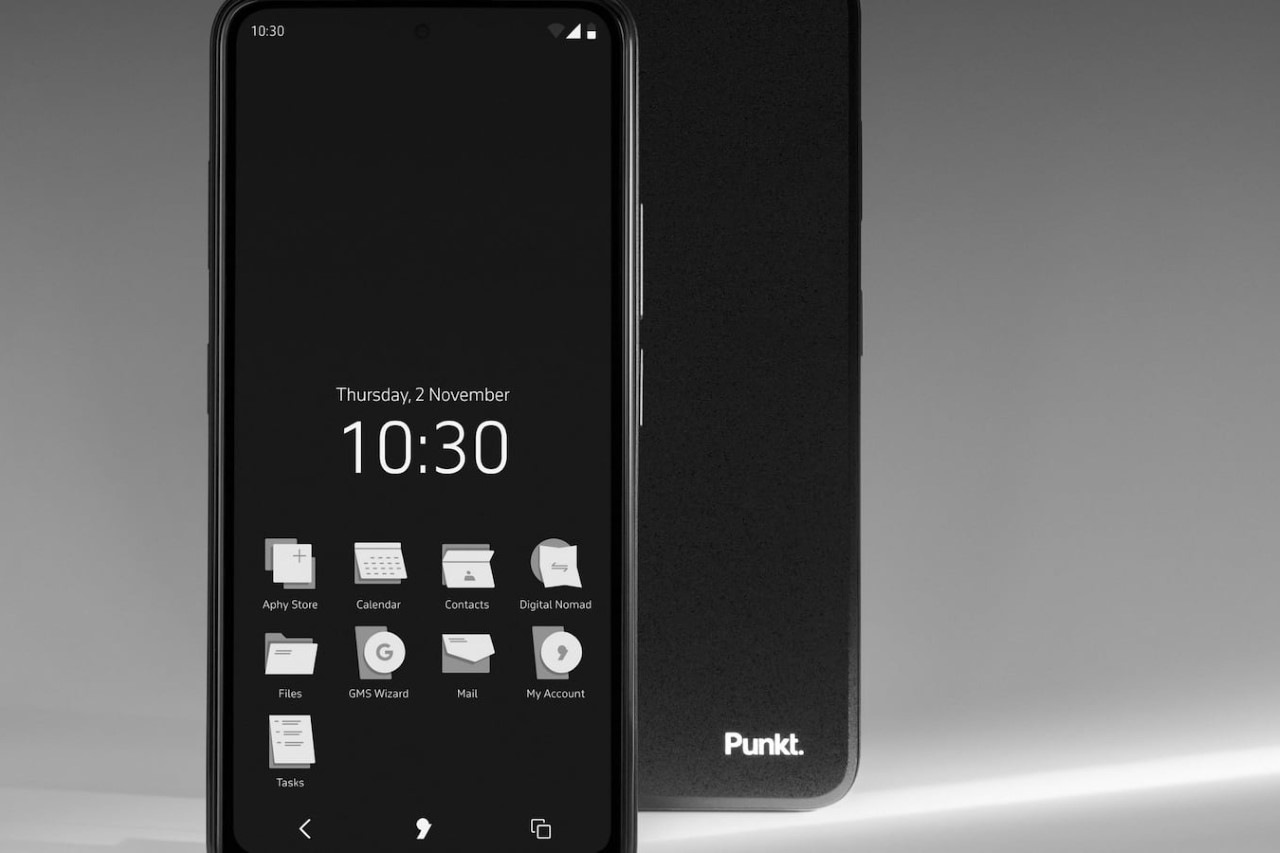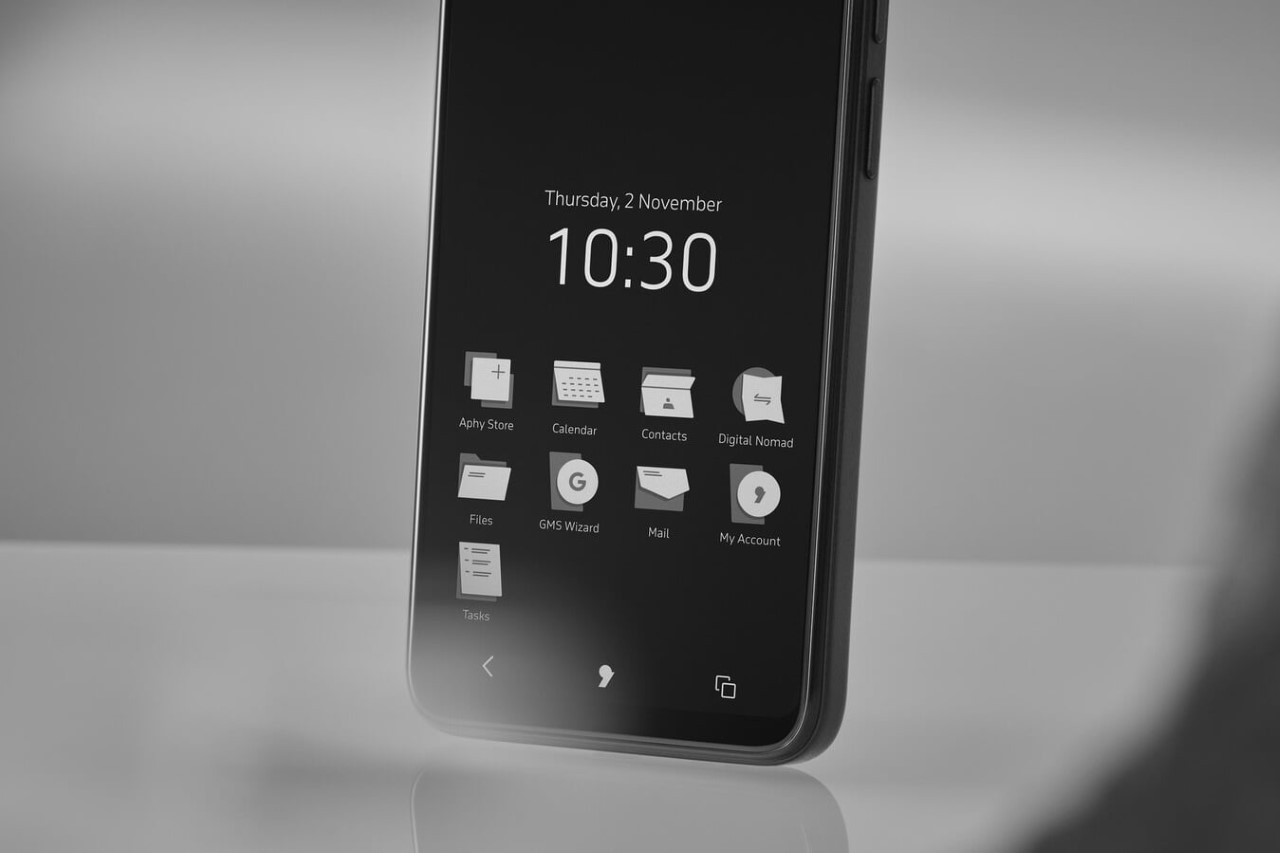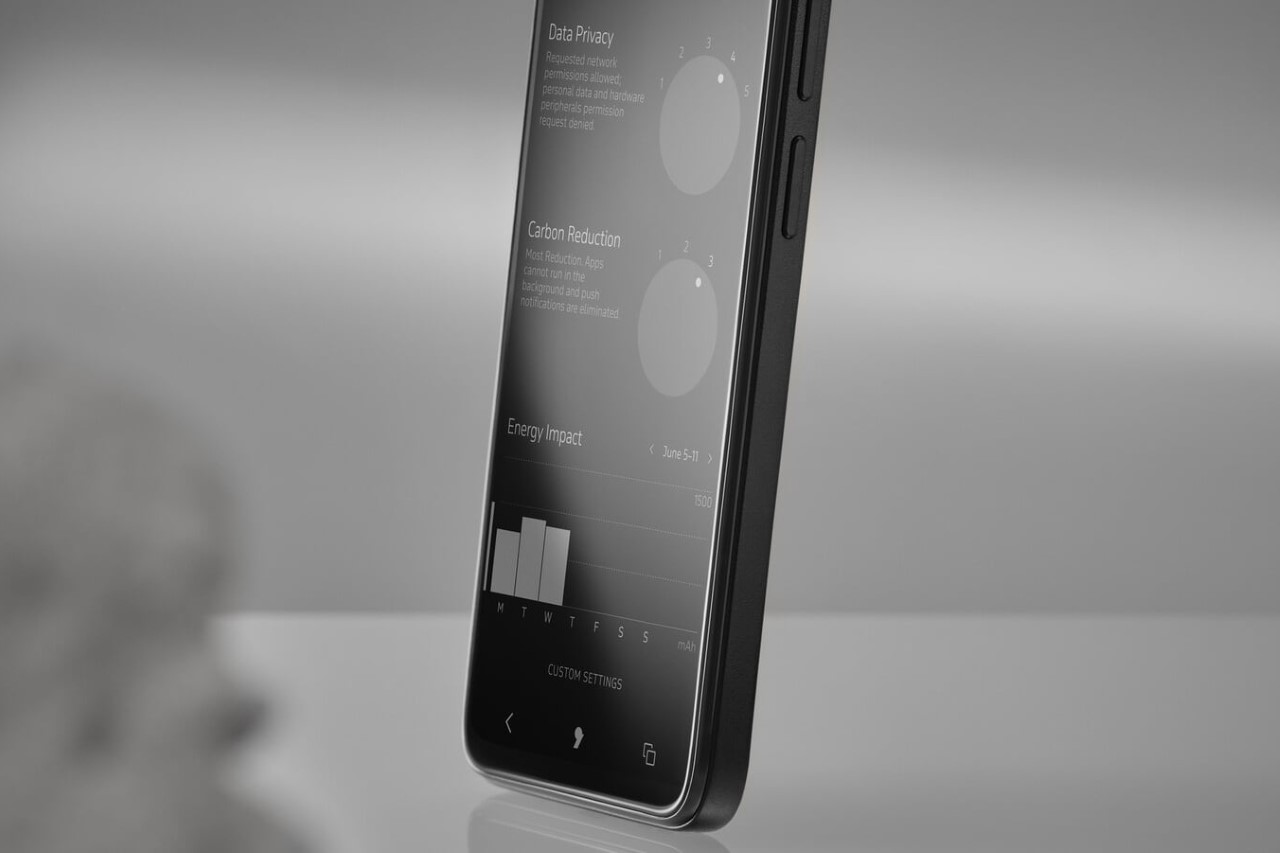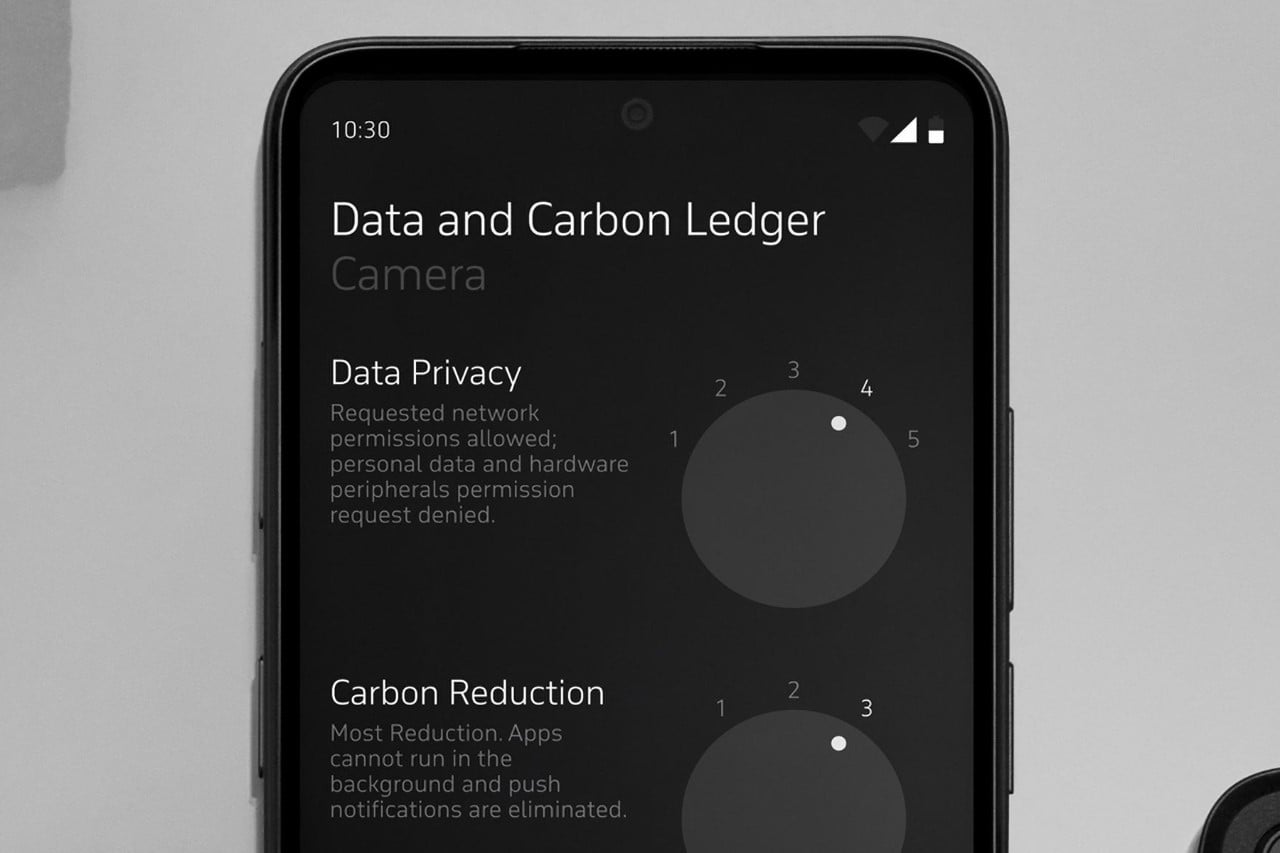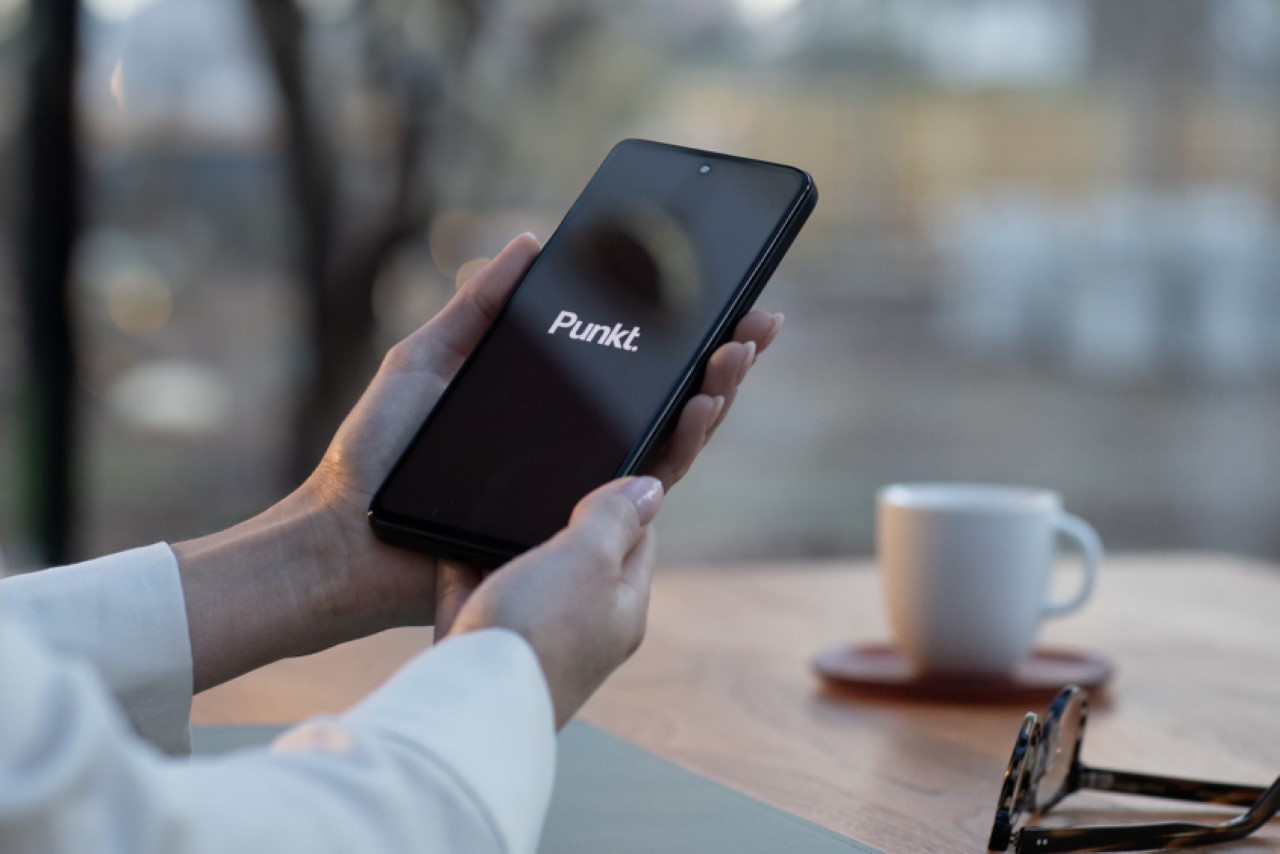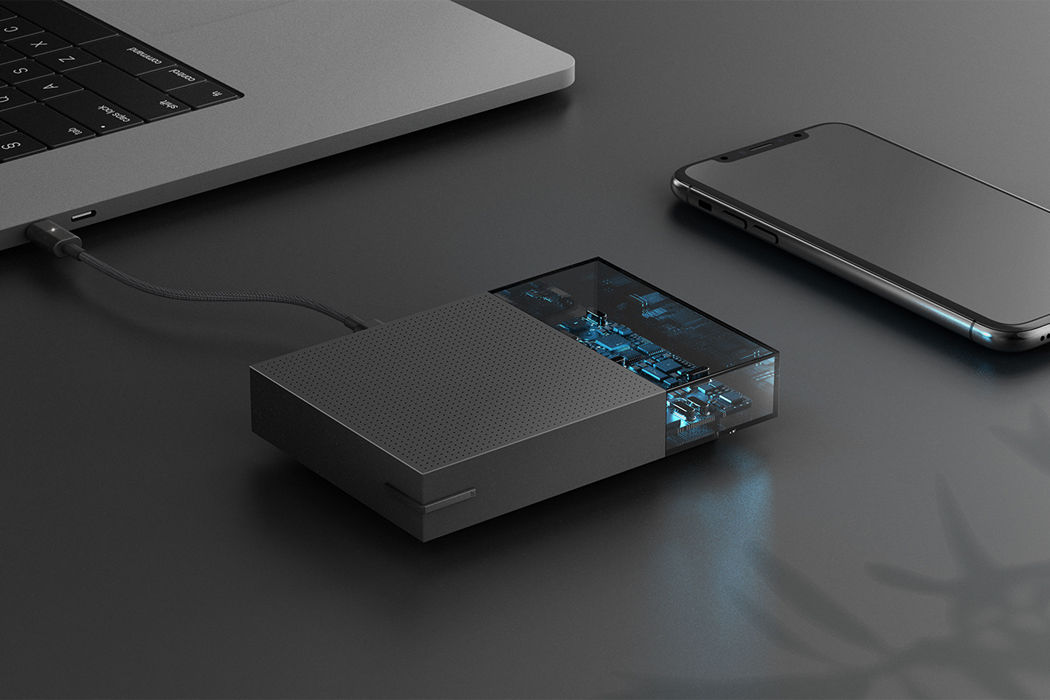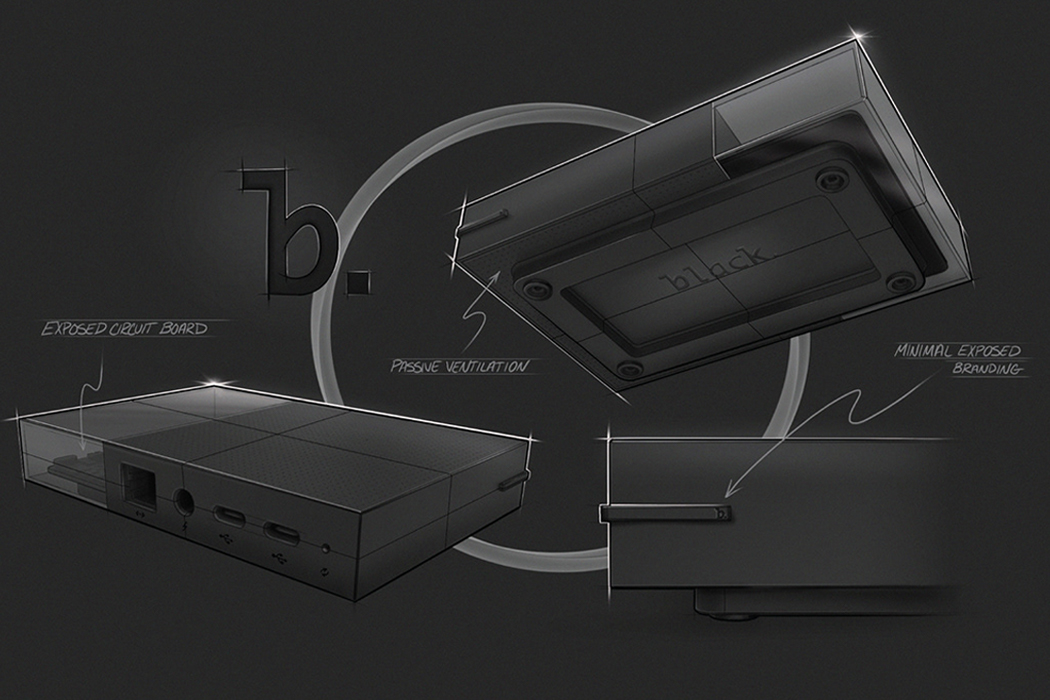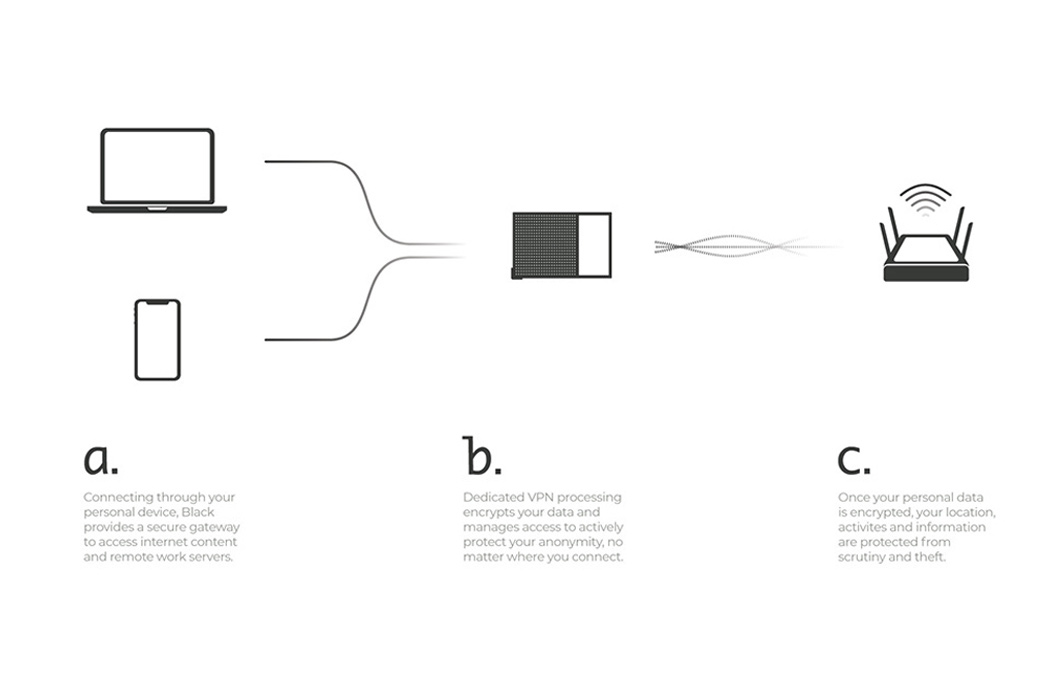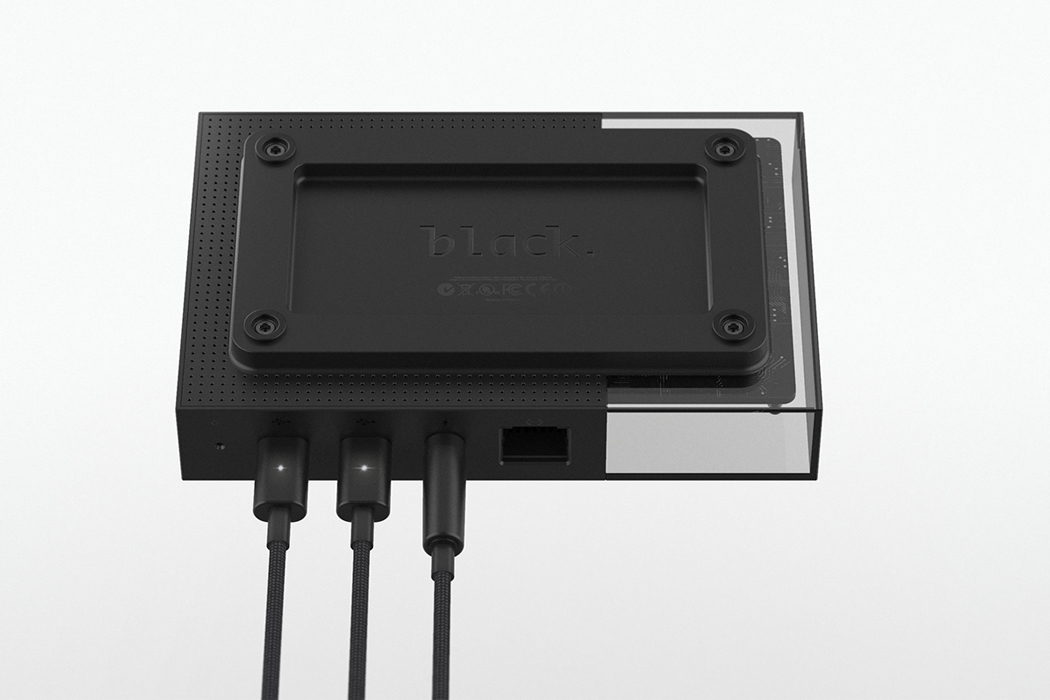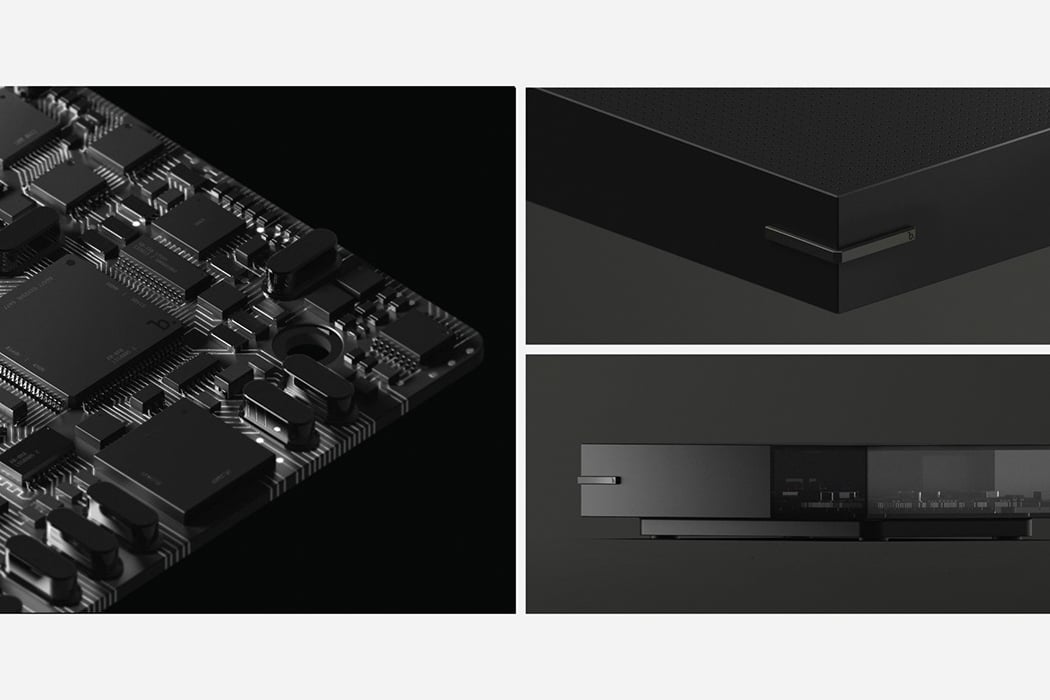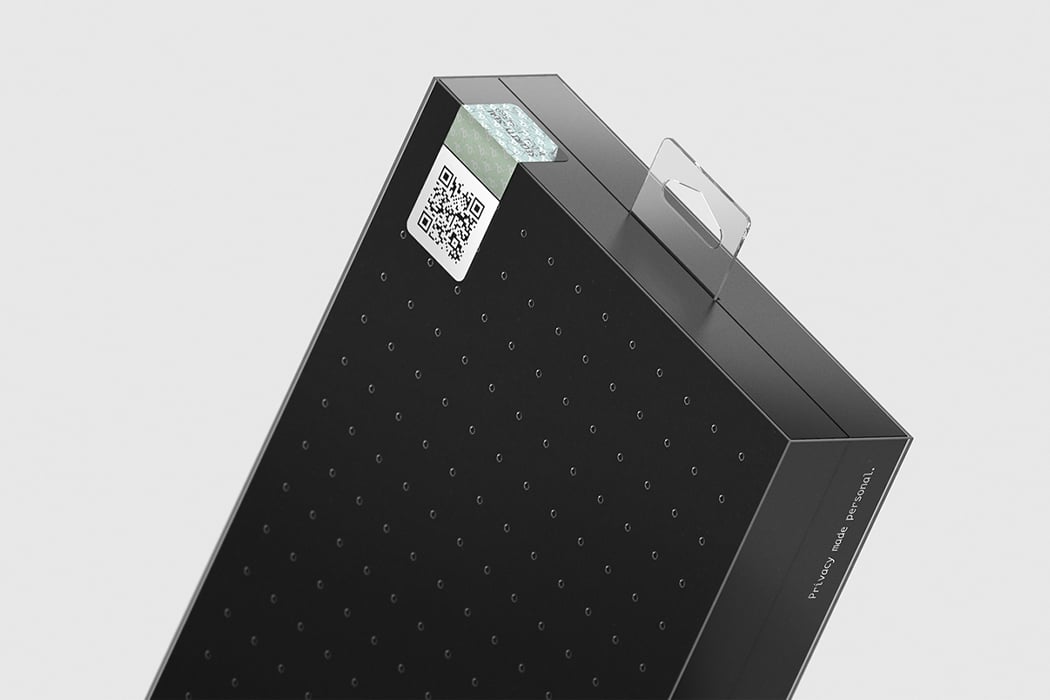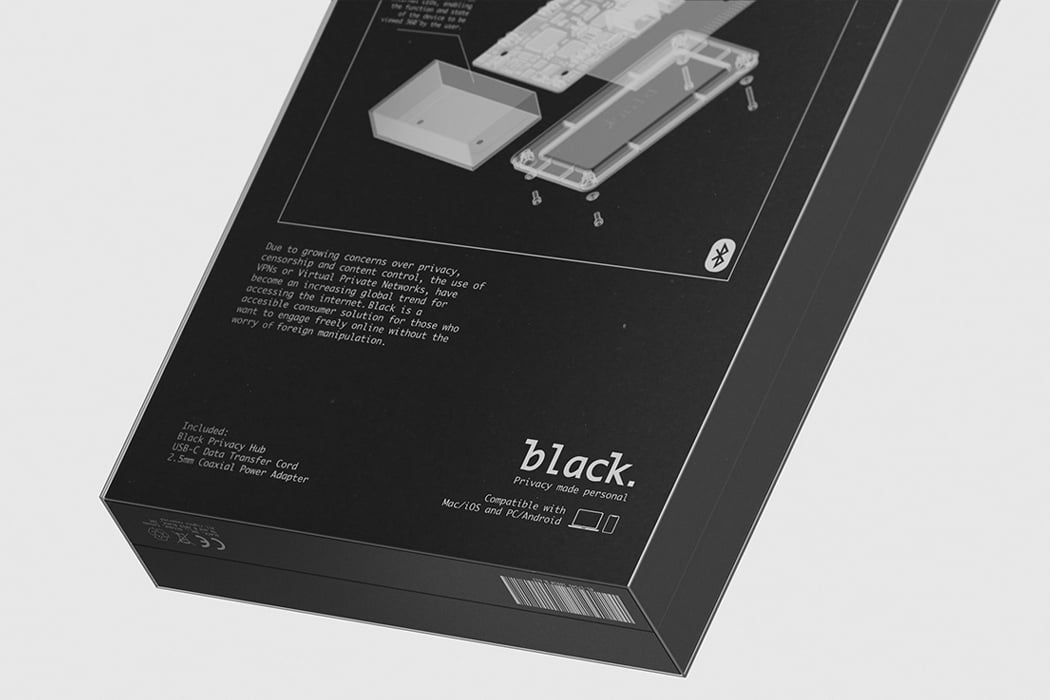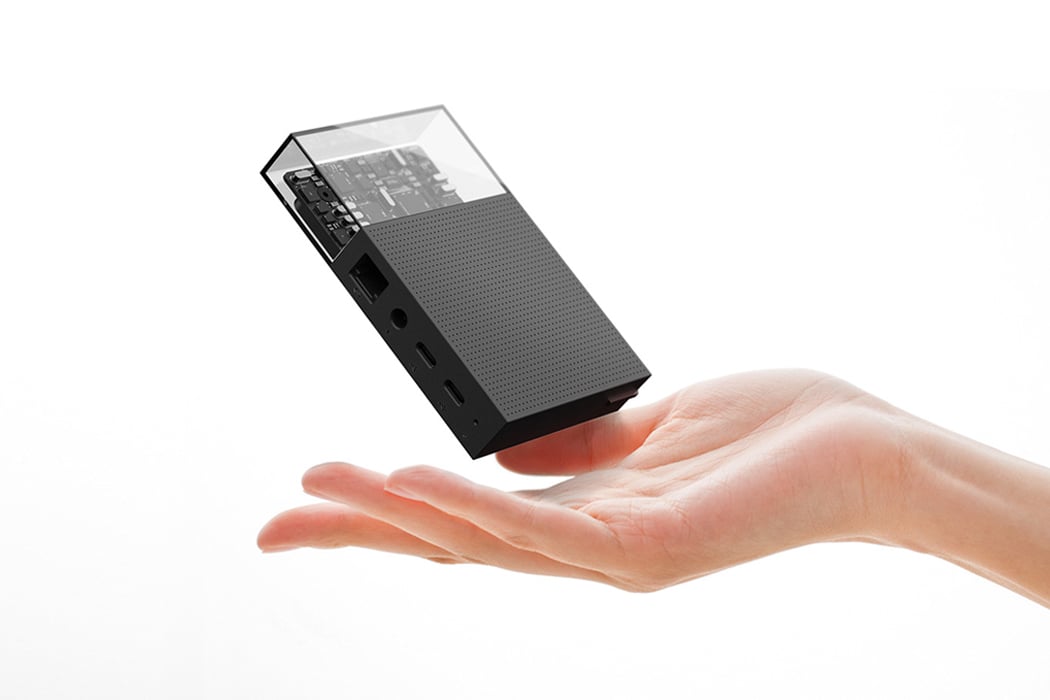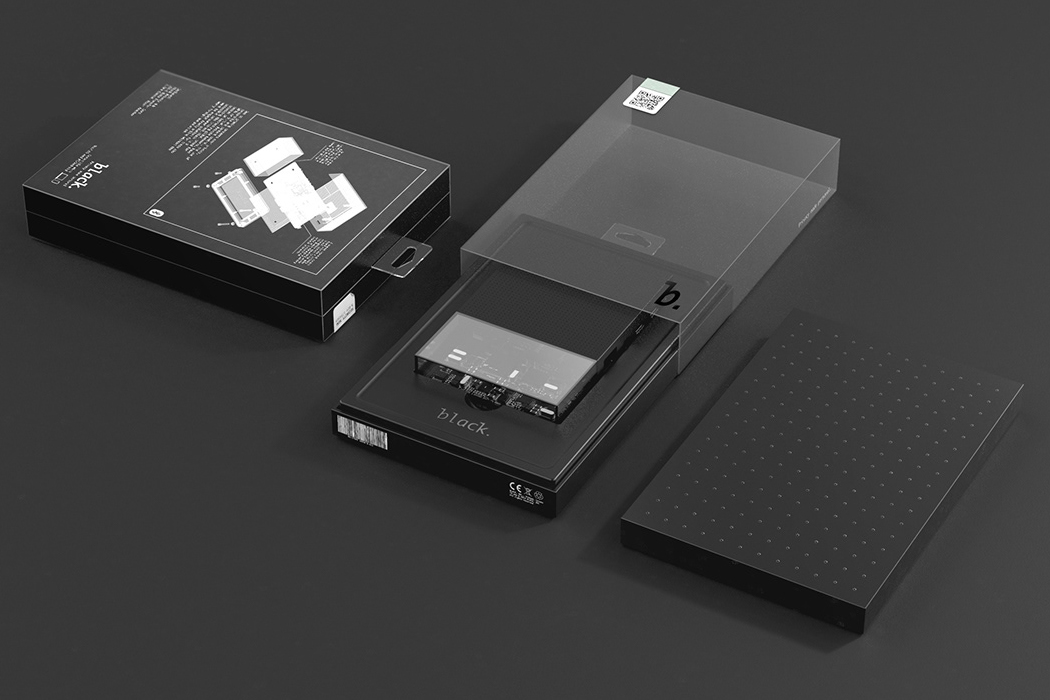Sure, your phone and laptop have VPNs… but does your smart speaker? Your home camera? Smart doorbell? Baby monitor? It’s easy to think of yourself as protected when your primary device operates on a VPN, but the truth is that our houses are filled with IoT devices that remain vulnerable to brute force because of one weak point of entry – a basic router. The Rio Router aims to change that with a built-in VPN, device allowlisting protocols, guest network features, and the ability to set parental controls from the router itself. Whether it’s a government trying to snoop on you, someone trying to hack you, companies trying to sell your data, or your internet service provider secretly gathering info about you, the Rio Router cuts it all off right at the source. It encrypts information in a way that anonymizes your entire smart home, so you can browse the internet freely, and your smart home gadgets can access the internet without being vulnerable to data theft.
Designer: Rio Router
Click Here to Buy Now: $299 $549 ($250 off). Hurry, only 15/290 left! Raised over $136,000.
Most routers are designed to help you access the internet, but that access can sometimes be a double-edged sword, creating a path for bad-faith actors to access your IoT devices and even the data within them. A simple WiFi password can only do so much, right? That’s why the Rio Router uses a protocol that requires you to personally allowlist any device connecting to your network. Every IoT device gets approved by you, and if there’s any device you don’t approve of trying to connect to your network, it doesn’t get access to your network or to the devices on it. Think of it as a security guard that only allows you into a building if you have the right ID, and turns you away if you don’t.
Even for approved devices accessing the internet through the Rio Router, all data gets encrypted through the router’s built-in VPN. This offers two distinct benefits – for starters, it lets you access the internet and streaming services without any government or geolocation restrictions (yes, that means being able to use TikTok even if it gets banned), but it also encrypts all personal information so that your internet service provider doesn’t get unfettered access to your life… or even corporations like Apple, Google, Microsoft, and Amazon that feed off of information from smart home devices.
Obviously, that level of access does come with its downsides – you want your family to stay safe from potentially dangerous websites. The router allows you to set parental controls for specific devices, preventing your child’s laptop or tablet from being able to access harmful sites, and an integrated DNS and web filtering system provides all-around protection, preventing all devices from accessing malicious sites that could scam/phish you or corrupt your device with ransomware.
Following the security guard analogy from earlier, think of your internet connection as a building with multiple wings/departments. Different employees can only access the wings or departments they are authorized to, and a low-level employee can’t necessarily go snooping in the CEO’s office or through the confidential file room. Similarly, the Rio Router creates dedicated rooms for each category of devices. Your smart kitchen gadgets can’t access or communicate with your bedroom’s smart devices even if they’re on the same network. This technology, known as SecureRoom , helps create dedicated chambers for different internet devices, so every gadget on the same network doesn’t necessarily have access to all the data on the network. The SecureRoom
, helps create dedicated chambers for different internet devices, so every gadget on the same network doesn’t necessarily have access to all the data on the network. The SecureRoom is a brilliant way of ensuring that your gadgets don’t have access to information they don’t have clearance for. Your living room smart speaker doesn’t necessarily know what’s happening in the kitchen, and the baby monitor in the bedroom isn’t vulnerable to being snooped on by your thermostat.
is a brilliant way of ensuring that your gadgets don’t have access to information they don’t have clearance for. Your living room smart speaker doesn’t necessarily know what’s happening in the kitchen, and the baby monitor in the bedroom isn’t vulnerable to being snooped on by your thermostat.
The SecureRoom system also allows you to create guest networks for when you have people visiting you at home. No more sharing passwords for the main WiFi network – guests get to access the internet through a SecureRoom
system also allows you to create guest networks for when you have people visiting you at home. No more sharing passwords for the main WiFi network – guests get to access the internet through a SecureRoom guest network. Their data stays safe and so does yours – you can approve devices to the SecureRoom
guest network. Their data stays safe and so does yours – you can approve devices to the SecureRoom to ensure that nobody else is accessing the internet, and once your guests leave your house, they’re removed permanently from the network and can only access the internet once you grant them approval.
to ensure that nobody else is accessing the internet, and once your guests leave your house, they’re removed permanently from the network and can only access the internet once you grant them approval.
The Rio Router runs WiFi 6 for fast and reliable connections from every corner of your house and even comes with an iOS/Android app that lets you control the router, set protocols, create SecureRooms , and grant/deny approvals to external devices. It gives you the liberating taste of what true internet freedom feels like, allowing you to rely on IoT devices without the fear of them spying on you, as well as preventing anyone from hacking into your network or even accessing data they’re not privy to. It also helps that you can now browse international titles on your streaming service so even if The Office leaves Netflix in the USA, it’s still available in some other country!
, and grant/deny approvals to external devices. It gives you the liberating taste of what true internet freedom feels like, allowing you to rely on IoT devices without the fear of them spying on you, as well as preventing anyone from hacking into your network or even accessing data they’re not privy to. It also helps that you can now browse international titles on your streaming service so even if The Office leaves Netflix in the USA, it’s still available in some other country!
It’s 2024, and if your internet service provider is giving you a free router with your connection, you’d best not trust it with all your data. After all, if it’s free, you’re the product. The Rio Router starts at $299 and comes with a free app, and VPN service free for 12 months. You can use the Rio to set up as many as 4 different SSIDs (WiFi access points), 8 Rio mesh extenders, and up to 16 SecureRooms at a time.
at a time.
Click Here to Buy Now: $299 $549 ($250 off). Hurry, only 15/290 left! Raised over $136,000.
The post This next-gen Wi-Fi router with a Built-in VPN lets you access the internet without anyone stealing your data first appeared on Yanko Design.


